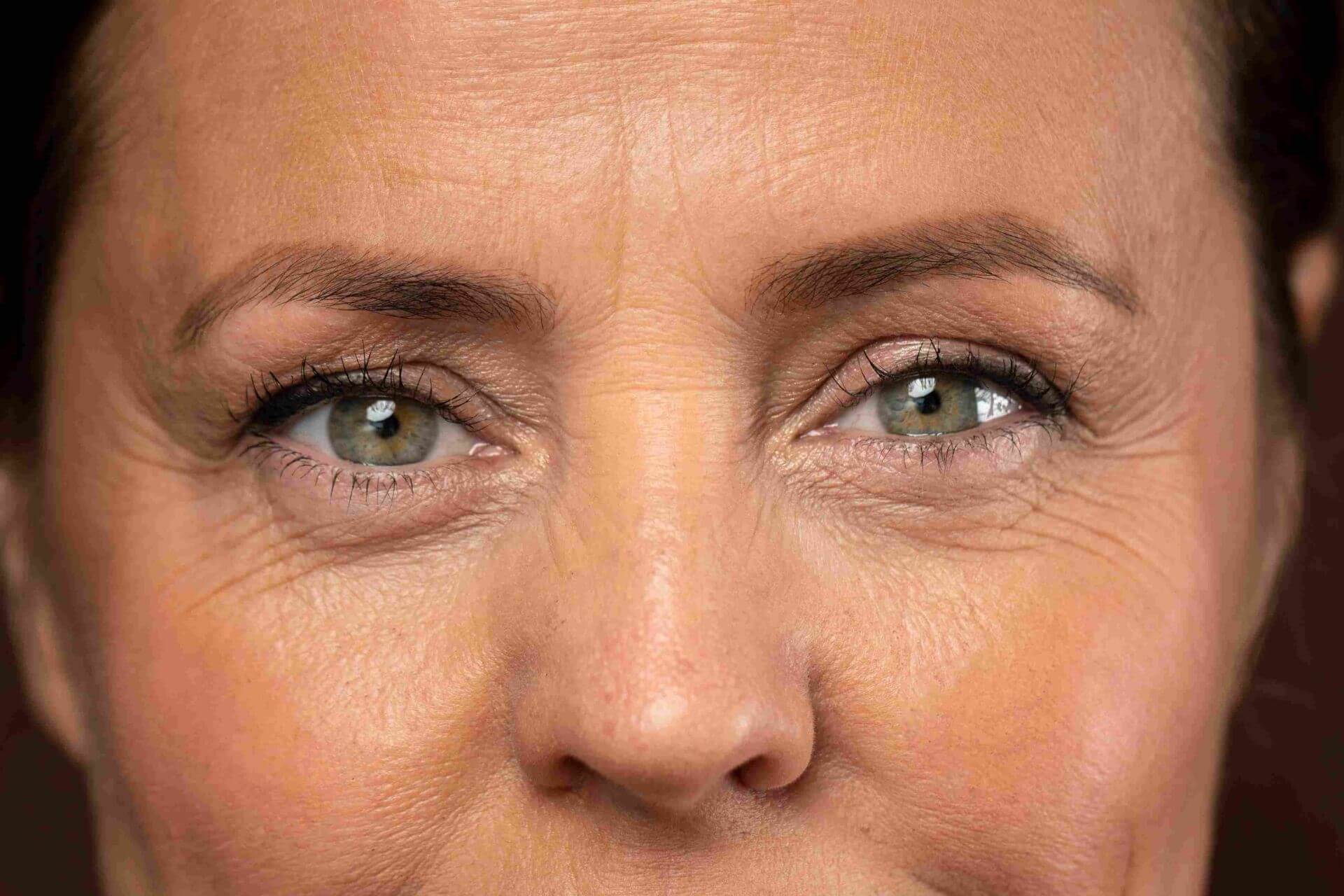Your eyes say a lot about you, but signs of aging around the eyes such as sagging can leave you looking tired or sad all the time. For those with signs of aging around the eyes, eyelid surgery, or blepharoplasty, can be a great option. It can be done on the upper eyelids, lower eyelids, or both. In the upper eyelids, it reduces sagging skin and can help improve vision in those who have eyesight issues due to drooping eyelids. As for the lower eyelids, blepharoplasty can help reduce puffy under-eyes by tightening loose skin. In this blog, we’ll go over eyelid surgery before and after care tips.
Before your procedure
Of course, every patient is different, and you should follow your doctor’s instructions carefully. However, there are some common rules. If you are a smoker, you will need to stop smoking before the procedure. Be sure to mention all medications you are taking to your doctor. Some may have to be avoided in the days before surgery.
Prepare for the period after your surgery as well. You will need to have someone who is able to be there on the day of the surgery to drive you home. This surgery will have a day to a few days of downtime, so plan ahead with some easy meals and a comfortable spot to rest. Have plenty of pillows or a way to sleep reclined.
On the day of your blepharoplasty procedure
If you usually wear contacts, be sure to wear glasses instead on the day of your eyelid surgery and in the days afterwards. Depending on your particular case, your procedure may be done under local anesthesia or general anesthesia. Your doctor will determine which is best for you. Your surgeon will make small incisions and remove excess tissue (and fat if needed). In some cases, fat grafting can be done as well, such as in the case of sunken-in under eyes. After this, your eyelid skin will be sutured back together.
After your surgery
After your procedure, you’ll receive detailed care instructions. If your doctor prescribes any medications to help with eyelid surgery recovery, take these as prescribed. Resting is important for the first few days. Remember to recline rather than lie down flat, even when sleeping. Try to avoid phone use and watching TV to avoid drying out your eyes. To reduce swelling, you can use a cold pack around your eye area as needed. This can also provide some pain relief.
Once you’re up for it, you can go about your daily activities as usual, avoiding heavy lifting and exercise. Swelling and bruising may last up to two weeks. You will need to avoid exertion and heavy physical activity for the first week or so after surgery or until you get the go-ahead from your doctor.
If you are considering a blepharoplasty and are in the Bakersfield area, Dr. Edmund Fisher has extensive experience performing both upper and lower blepharoplasties. Schedule a consultation with our office today to come in and discuss whether blepharoplasty is right for you.




